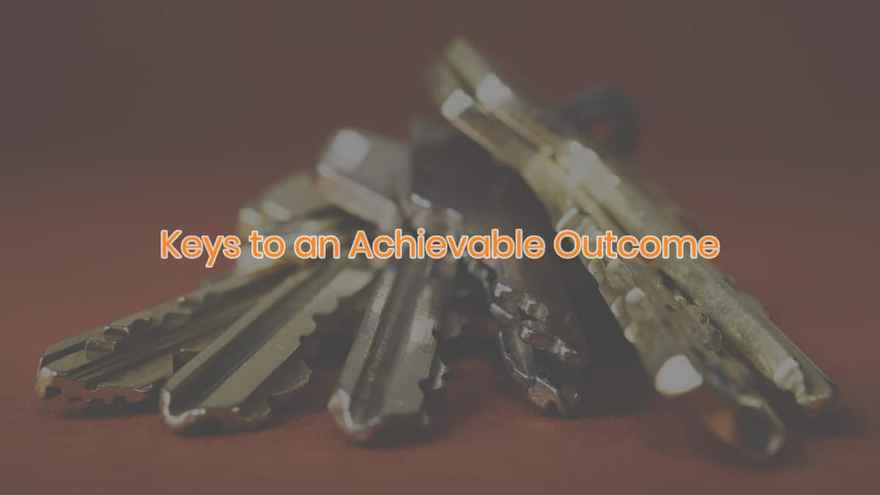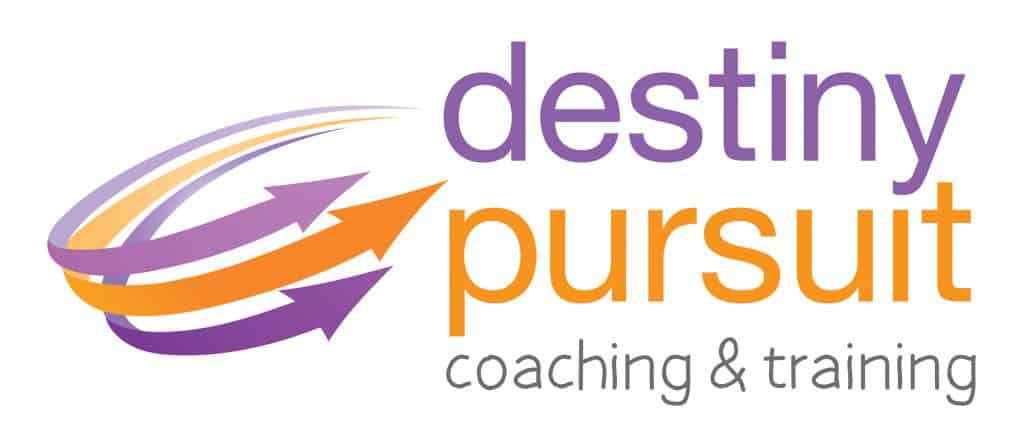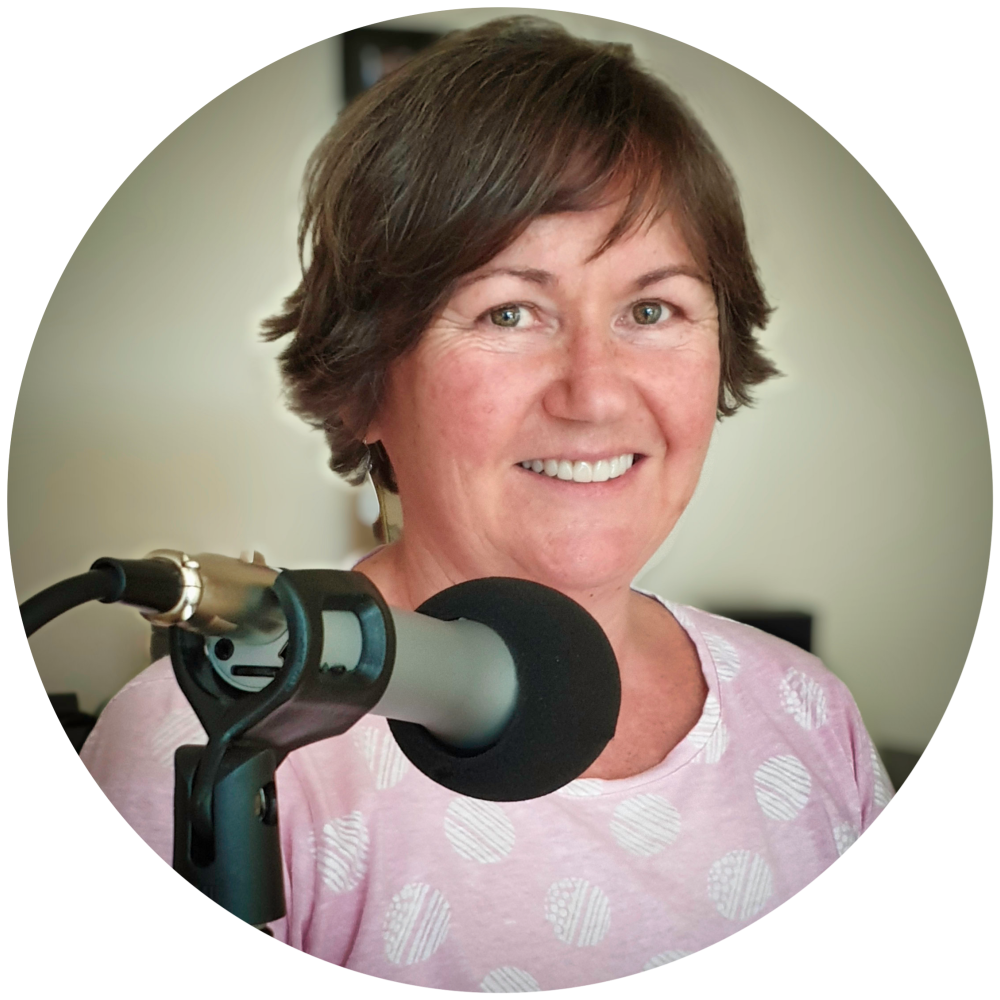Keys to an Achievable Outcome - NLP Matters, Episode #016

In this episode, we’ll continue to build on the theme of NLP tools that you can use to build your successful life, and as we move on from the Five Success Principles the focus goes back to defining our outcome.
We are going to begin to look at one of these NLP tools called The Keys to an Achievable Outcome. This model really digs very deep into the first of the principles of success, Knowing Your Outcome, and this is because it is just so critical to our success that our dream, outcome or goal is clearly defined and structured specifically to maximise your success.
Listen to the podcast to learn more.
Listen to the Podcast
Here are some key takeaways from this episode:
- You get into the keys of an achievable outcome when you’ve written your goal down. Then, review the goal using this model to really confirm that you have captured the goal exactly as you want it and that it is really achievable.
- Applying the Keys to an Achievable Outcome is how we transform our vision into reality, which is why it is so important to write it down.
- Using the keys to an achievable outcome to examine your goal means that you can be certain that your outcome/goal is so aligned at both your conscious and unconscious levels, which means you really can become unstoppable.
The Keys to an Achievable Outcome
1. Have your goal stated in the positive.
- Ask yourself: What specifically do you want?
- Remember, it’s important to focus on what you do want rather than what you don't want. If you keep focusing on what you don’t want - guess what? You will get more of that.
2. Specify the present situation.
- Ask yourself: Where are you now?
- Get a picture of yourself in your current situation in relation to your goal. See yourself in the picture as if you are there. In NLP, we call this, being associated - as if you are there now.
3. Specify the outcome in detail.
- Ask yourself: What will I see, hear, and feel, when I have it?
- This is the opportunity to get really specific about your goal. You also want to make your goals SMART – Specific and Simple, Measurable and Meaningful, Attainable, Realistic, Timed and Towards.
- Say it or write it down as if you have achieved the goal now. This means expressing it in present tense. This makes it even more real for your unconscious mind, which doesn’t distinguish between past, present, and future. This step makes the goal very immediate and real, contrasting sharply with where you are now.
4. Specify some evidence procedure.
- Ask yourself: How will I know when I have it?
- Get really clear – what is it that will tell you, you’ve done it!
5. Check if the goal is congruently desirable.
- Ask yourself: What will this outcome get for me or allow me to do?
- You want to check if this goal is really something that aligns with who you believe you are and with what you really want to achieve in your life.
6. Ensure that the goal is self-initiated and self-maintained.
- Ask yourself: Is it only for me? Is it desirable and in your control? Are you aiming for this goal for you or for someone else?
- If the goal is for someone else and isn’t in your control, it just won’t work.
7. Contextualised the goal.
- Ask yourself: Where, when, how, and with whom, do I want it?
8. Write down what resources are needed.
- Ask yourself the following questions. These questions continue the process of firmly rooting your goal in the real world, in a real place, with real people. This includes getting specific about past experience and possible models.
- What do I have now, and what do I need to get my outcome?
- Have I ever had or done this before?
- Do I know anyone who has?
- And finally, can I act as if I already have it?
9. Look at the goal from an ecological standpoint.
- Ecology is basically the consequences or results or impact of any change that occurs through a decision or action.
- Ask yourself the following questions that will enable you to confront aspects of your goal that we would never otherwise have considered.
- Why do I want this goal? What is the ultimate purpose of it?
- What will it give me and what will it cost me if I have it?
- Is it good for me? Is it good for others? Is it good for the greater good?
- What will happen if I get it? What won’t happen if I get it?
- What will happen if I don’t get it? What won’t happen if I don’t get it?
The Keys to an Achievable Outcome really brings the first principle from the Five Success Principles - KNOWING YOUR OUTCOME, to life, and because this approach is modeled directly from years of research on how successful people consistently achieve their goals it means that we too can really turbocharge our results.
In our next episodes, we’ll dive deep into each of the steps in the Keys to an Achievable Outcome and we’ll take them out for a spin.
Listen to the Podcast
Joanne Clark
Joanne Clark is an Internationally accredited Master Trainer of NLP who has been delivering NLP training since 2011. Being on her feet in front of training rooms is where Jo loves to be and her passion for inclusive and immersive training that delivers outstanding learning outcomes is apparent to everyone in her training rooms. On average Jo delivers 140 days of training per year in addition to online webinars, guest speaker events and group coaching.
“NLP is at the core of all my training and coaching, it is at the core of who I am, how I interact and connect with people. I am absolutely passionate about spreading the NLP tools across the planet as I endeavour to support Robert Dilts’s vision of Creating a world to which people want to belong.” Joanne Clark
Certified Master Trainer of NLP; Master Practitioner NLP, Hypnotherapy & Matrix Therapies; Performance Coach; Cert IV Coaching; Advanced Practitioner in Coaching; Cert IV in Business; BA(Hons); Majors in Sociology and Psychology; Parent Education Leadership Training (PELT) Certificate; Mother of four children; Private Pilot (PPL); Diploma in Life Coaching


0 comments
Leave a comment
Please log in or register to post a comment